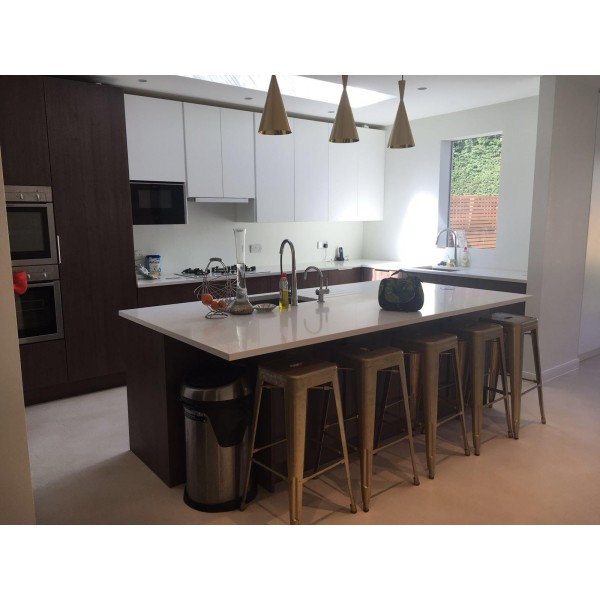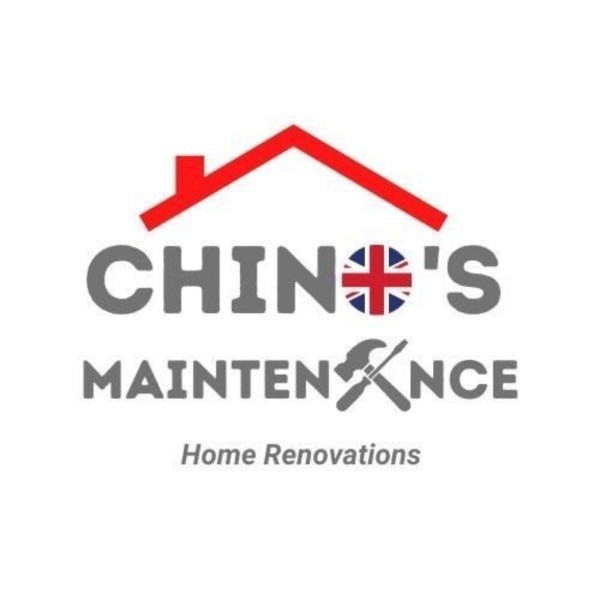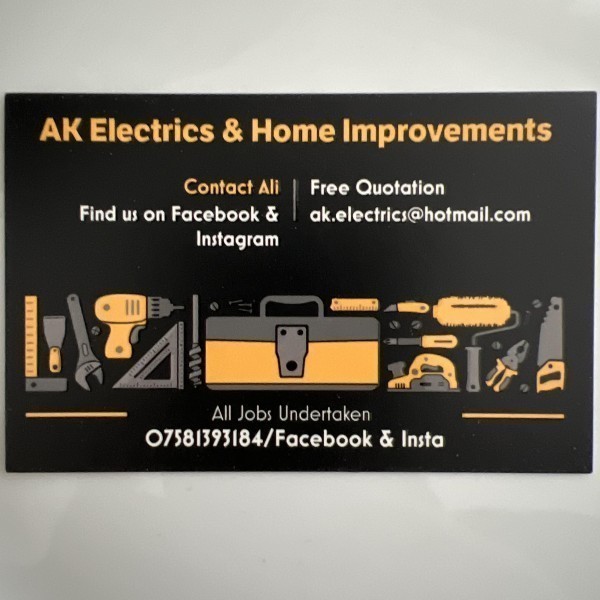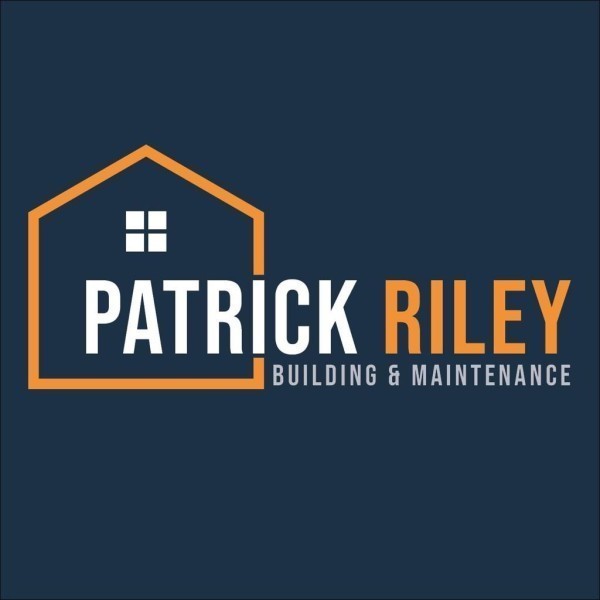Understanding the Role of Extension Builders in Gatley
In the charming town of Gatley, nestled in the heart of Greater Manchester, the demand for home extensions has been on the rise. Homeowners are increasingly seeking ways to expand their living spaces without the hassle of moving. This is where extension builders in Gatley come into play. These skilled professionals are adept at transforming existing homes into spacious and functional abodes, catering to the unique needs of each family.
The Growing Popularity of Home Extensions
Home extensions have become a popular choice for many reasons. Firstly, they offer a cost-effective solution compared to purchasing a new property. Secondly, they allow homeowners to personalise their living space to better suit their lifestyle. In Gatley, where community ties are strong, many residents prefer to extend their homes rather than relocate, maintaining their connection to the local area.
Types of Home Extensions
There are several types of home extensions that extension builders in Gatley can offer:
- Single-storey extensions: These are ideal for expanding ground floor space, such as kitchens or living rooms.
- Double-storey extensions: Perfect for adding extra bedrooms or bathrooms, these extensions increase both living space and property value.
- Conservatories: These glass structures bring the outdoors in, providing a bright and airy space for relaxation.
- Loft conversions: Utilising unused attic space, loft conversions are a great way to add an extra bedroom or office.
Choosing the Right Extension Builder in Gatley
Selecting the right builder is crucial to the success of your home extension project. Here are some factors to consider:
Experience and Expertise
Look for builders with a proven track record in the type of extension you desire. Experienced builders will have a portfolio of completed projects and can provide references from satisfied clients.
Local Knowledge
Builders familiar with Gatley will understand local planning regulations and have established relationships with suppliers and subcontractors, ensuring a smoother project timeline.
Communication and Transparency
Effective communication is key. Choose a builder who is transparent about costs, timelines, and potential challenges. Regular updates and open dialogue will help keep your project on track.
Planning and Designing Your Extension
Before construction begins, careful planning and design are essential. This stage involves working closely with your builder and possibly an architect to create a design that meets your needs and complies with local regulations.
Understanding Planning Permission
In Gatley, certain extensions may require planning permission. Your builder should be knowledgeable about these requirements and assist you in obtaining the necessary approvals.
Design Considerations
Consider how the extension will integrate with your existing home. Factors such as lighting, ventilation, and energy efficiency should be addressed in the design phase to ensure a comfortable and sustainable living space.
The Construction Process
Once planning and design are finalised, the construction phase begins. This involves several key steps:
Site Preparation
The site must be prepared, which may include clearing vegetation, levelling the ground, and setting up temporary structures to protect the existing home.
Foundation and Structural Work
Foundations are laid, and structural work begins. This stage is critical to ensure the stability and safety of the extension.
Interior and Exterior Finishing
Once the structure is complete, interior and exterior finishes are applied. This includes installing windows, doors, insulation, and any custom features specified in the design.
Ensuring Quality and Compliance
Throughout the construction process, quality control and compliance with building regulations are paramount. Regular inspections by building control officers ensure that the work meets safety and quality standards.
Working with Building Inspectors
Your builder will coordinate with local building inspectors to schedule necessary inspections at various stages of construction. This ensures that any issues are addressed promptly, avoiding costly delays.
Final Inspection and Approval
Upon completion, a final inspection is conducted. Once approved, you will receive a completion certificate, confirming that the extension meets all regulatory requirements.
Budgeting for Your Home Extension
Budgeting is a crucial aspect of any home extension project. Understanding the costs involved and planning accordingly can prevent financial strain and ensure a successful outcome.
Estimating Costs
Costs can vary widely depending on the size and complexity of the extension. Your builder should provide a detailed estimate, including materials, labour, and any additional expenses such as permits or design fees.
Managing Unexpected Expenses
It's wise to set aside a contingency fund for unexpected expenses. Unforeseen issues such as structural problems or changes in material costs can arise, and having a financial buffer can help manage these challenges.
Maximising the Value of Your Extension
A well-executed home extension can significantly increase the value of your property. Here are some tips to maximise your investment:
Focus on Quality
Invest in high-quality materials and finishes. This not only enhances the aesthetic appeal but also ensures durability and longevity.
Consider Future Needs
Design your extension with future needs in mind. Flexible spaces that can adapt to changing family dynamics or technological advancements will add long-term value.
Environmental Considerations
Incorporating sustainable practices into your extension project can benefit both the environment and your wallet. Energy-efficient designs reduce utility costs and minimise your carbon footprint.
Energy Efficiency
Consider features such as double-glazed windows, high-quality insulation, and energy-efficient heating systems. These can significantly reduce energy consumption and enhance comfort.
Eco-friendly Materials
Opt for sustainable materials such as reclaimed wood or recycled metal. These choices not only reduce environmental impact but also add unique character to your home.
Frequently Asked Questions
- Do I need planning permission for a home extension in Gatley? It depends on the size and scope of the extension. Your builder can advise on the specific requirements for your project.
- How long does a typical home extension take? The timeline varies based on the complexity of the project, but most extensions take between three to six months from planning to completion.
- Can I live in my home during the extension process? In most cases, yes. However, there may be periods of disruption, and your builder can provide guidance on managing these challenges.
- What should I look for in a builder's contract? Ensure the contract includes a detailed scope of work, timeline, payment schedule, and warranty information.
- How can I ensure my extension is environmentally friendly? Work with your builder to incorporate energy-efficient designs and sustainable materials into your project.
- Will a home extension increase my property taxes? It may, as property taxes are often based on the value of your home. Consult with a local tax advisor for specific guidance.
In conclusion, embarking on a home extension project in Gatley can be an exciting and rewarding endeavour. By choosing the right extension builder, planning carefully, and considering both current and future needs, you can create a space that enhances your lifestyle and adds significant value to your property. With the right approach, your dream home is within reach.
























